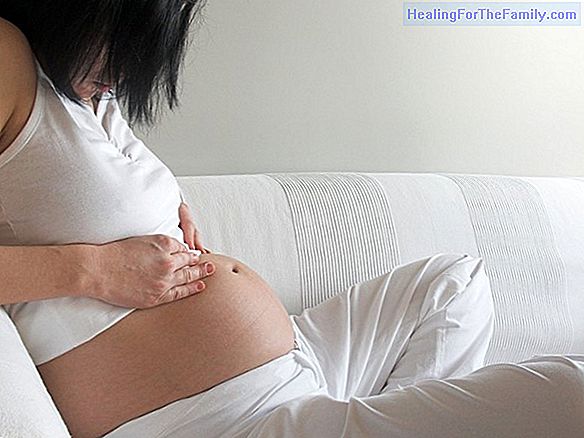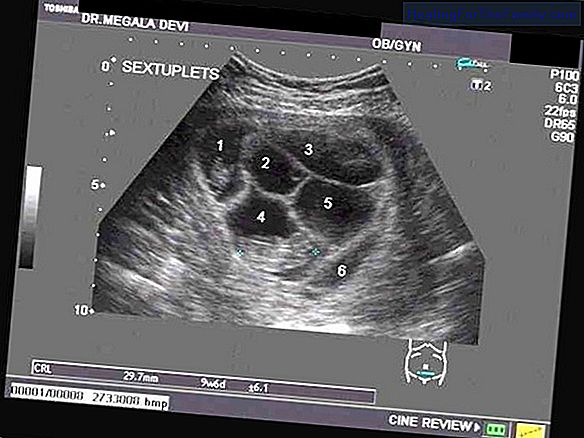Changes in the circulatory system during pregnancy
All changes that occur in a woman's body during pregnancy are related and oriented to the well-being and healthy growth of the baby in her womb. During the months of pregnancy, your body adapts to shelter and feed your baby. The woman experiences hormonal changes, changes in the forms of her body, i
All changes that occur in a woman's body during pregnancy are related and oriented to the well-being and healthy growth of the baby in her womb. During the months of pregnancy, your body adapts to shelter and feed your baby. The woman experiences hormonal changes, changes in the forms of her body, in her skin, appetite, breathing ... as well as in her blood. What changes occur in a woman's blood during pregnancy?
Changes in blood during pregnancy

The blood of the pregnant woman plays an essential role in the baby's survival, since it is the way in which the mother transports food to the baby. Through the blood the baby can also eliminate all the waste it produces during pregnancy. The blood changes until it is able to fully cover the fetus' needs. The whole process occurs with a mediation of an organ that is created solely for it: the placenta.
The flow of blood in pregnancy
Usually, the flow or volume of blood in a person's body is about 4 or 5 liters. In the case of a pregnant woman, that flow increases by about a liter and a half, by increasing the plasma (the blood fluid). As a result of this change, and for the woman to hold a greater amount of blood, her blood vessels dilate. That is why many women have varicose veins during pregnancy.
How blood circulates in pregnancy
Whereas during pregnancy the pressure exerted by the uterus as it grows on the veins and capillaries around it, there is less blood flow to the heart. This is what can cause swelling of legs during pregnancy. The most important vein that passes through this part of the body is the inferior vena cava, because it collects all the volume of flow that comes from the lower extremities and carries it to the heart.
This vein passes through the right side of the uterus, so that in the face of circulation problems and the resulting discomfort, it is advisable to do physical exercises, walk and keep the legs in something whenever possible. It is also advisable to avoid lying on the back and the right side. Thus, the best position is to lie on your side on the left side.
Pregnancy heart rate
During pregnancy, the mother's heart rate accelerates between 10 and 15 beats per minute, also during sleep, and even more if they are twins. Thus the pulse of a pregnant woman usually ranges between 60 and 90 beats per minute. This happens because the heart beats faster when having to pump that additional blood flow that is given to be able to maintain the fetus.
As for the tension, it is usually lower during the first trimester and second trimester of pregnancy due to the dilatation of the blood vessels, although at the end of the gestation period it returns to its normal values. One thing to keep in mind is that the systolic pressure should never be higher than 140 Mm of mercury in blood, nor systolic less than 90.












